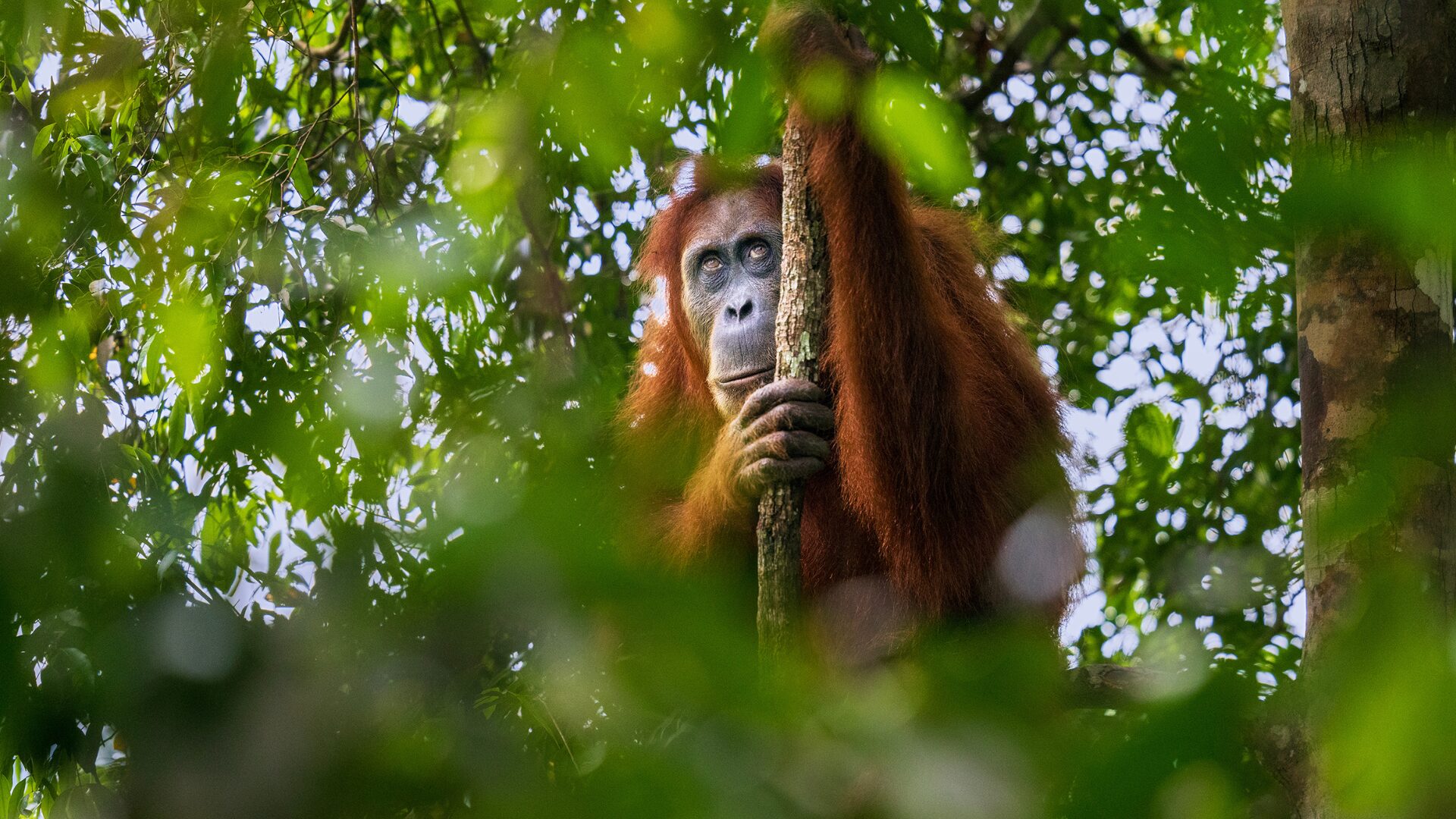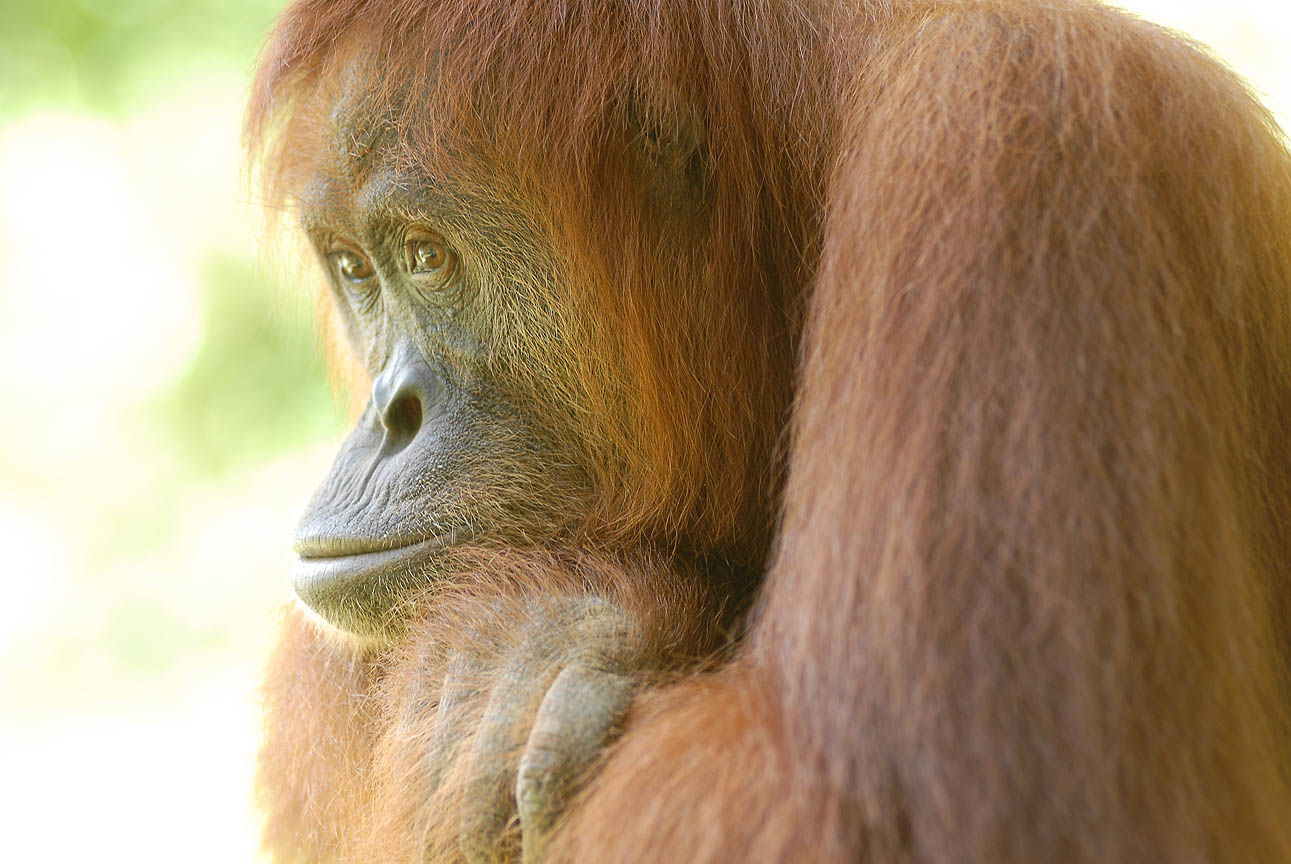
Making the right decision at the right time can be crucial for our survival. As such, animals, including humans, often shy away from situations where the outcome is uncertain. It takes more mental effort to deal with unpredictable situations than to make choices when the odds are known. But how do primates handle risk and make smart choices?
In a 2021 study, researchers compared decision-making and risk-taking in six species of primates: capuchins, macaques, orangutans, gorillas, chimpanzees, and bonobos. The primates were shown a tray of rewards, some large and some small. They could “gamble” a medium-sized cracker for a bigger treat. But there was a risk of losing – getting an even smaller cracker in return.
The researchers varied the odds of “winning” and also changed the amount of information the primates had about the odds. In some contexts, all rewards were visible in the tray. But in other, more ambiguous context, some of the rewards were covered up. This means the primates would have to predict what rewards were hidden.
The results showed that orangutans and chimpanzees were the most strategic. While all primates were willing to take risks, only they could consistently guess what size cracker was hidden. Orangutans had the most complex “rules” based on predictability, visibility of rewards, and previous experience. This is similar to how humans make decisions.
This study offers valuable insights into how orangutans navigate risk. Their sophisticated decision-making skills highlight their adaptability to the unpredictable nature of their habitat. Understanding their approach to risk-taking can inform future conservation efforts.
You can help protect Sumatra's Orangutans. Click to get updates
